The Refined however Vital Variations Between Google Calendar Notifications and Alerts
Associated Articles: The Refined however Vital Variations Between Google Calendar Notifications and Alerts
Introduction
On this auspicious event, we’re delighted to delve into the intriguing subject associated to The Refined however Vital Variations Between Google Calendar Notifications and Alerts. Let’s weave attention-grabbing data and provide contemporary views to the readers.
Desk of Content material
The Refined however Vital Variations Between Google Calendar Notifications and Alerts
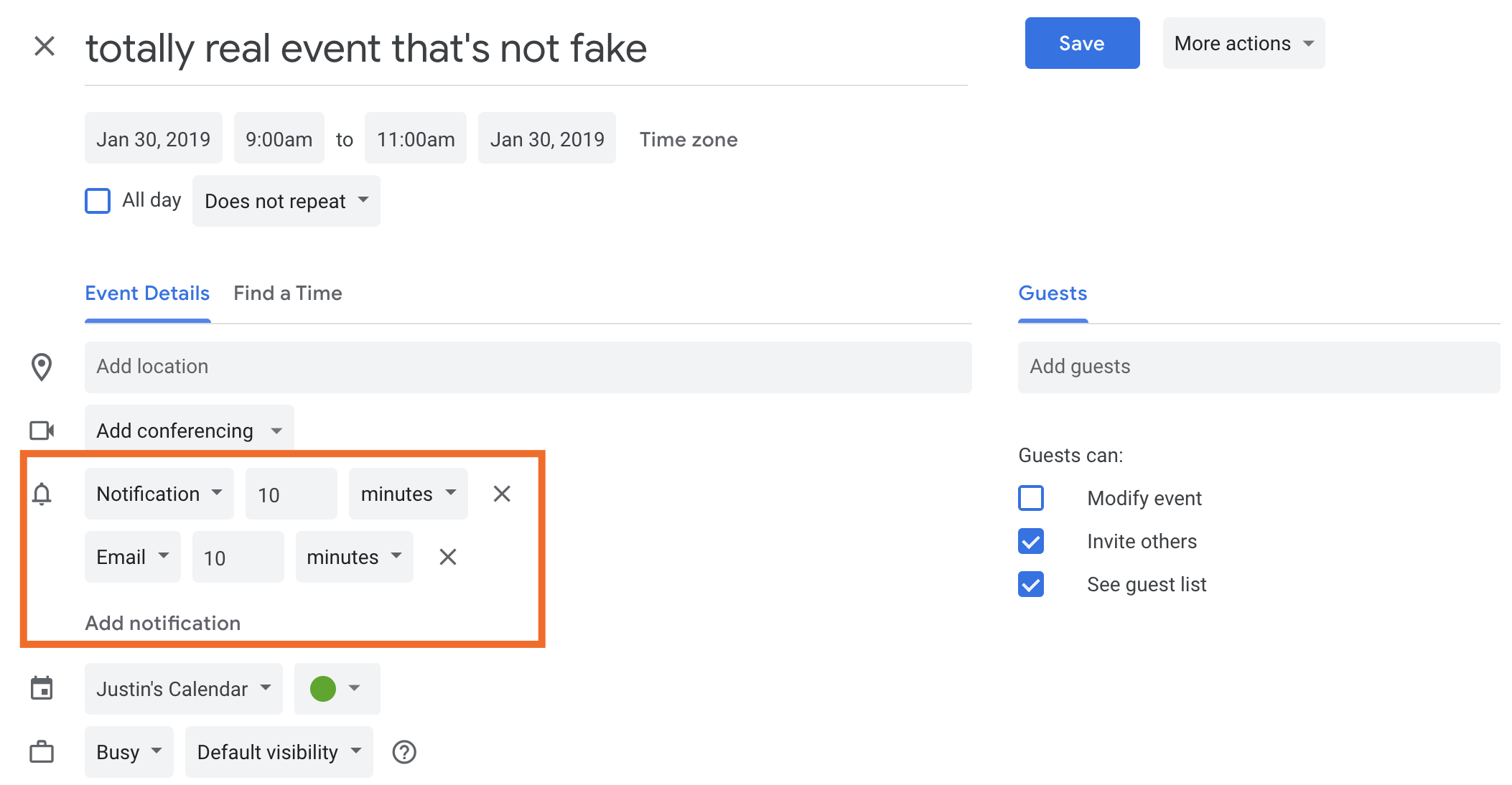
Google Calendar is a ubiquitous instrument for managing schedules, appointments, and deadlines. Its effectiveness hinges considerably on its notification system, which retains customers knowledgeable about upcoming occasions. Nevertheless, many customers mistakenly conflate the phrases "notifications" and "alerts," assuming they’re interchangeable. Whereas each serve the aim of reminding customers about occasions, they differ of their performance, supply strategies, and general impression on the consumer expertise. Understanding these distinctions is essential for optimizing Google Calendar’s utility and avoiding missed appointments.
Understanding the Core Distinction:
The elemental distinction lies within the proactiveness of every function. Notifications are typically passive, offering details about upcoming occasions with out demanding fast motion. They inform the consumer, however do not essentially interrupt their workflow. Alerts, alternatively, are energetic and insistent, designed to seize the consumer’s consideration and immediate a response. They interrupt the consumer’s present exercise to make sure the occasion is acknowledged.
Google Calendar Notifications: A Mild Reminder
Google Calendar notifications are designed to be delicate reminders, holding you knowledgeable about upcoming occasions with out being overly disruptive. They primarily operate as a heads-up, permitting you to organize for an occasion at your personal tempo. These notifications might be custom-made to various levels, permitting customers to tailor the system to their particular person preferences and workflow.
Kinds of Google Calendar Notifications:
-
E-mail Notifications: These are maybe the most typical sort of notification. They’re despatched to your registered electronic mail deal with at a specified time earlier than the occasion. The e-mail sometimes consists of the occasion particulars, equivalent to title, time, location, and outline. Whereas handy, they will get misplaced in a busy inbox and might not be instantly noticeable.
-
Desktop Notifications (Pop-ups): These are visible alerts that seem in your pc display screen. They sometimes show a concise abstract of the occasion, usually together with the title and time. These are extra attention-grabbing than electronic mail notifications, however can nonetheless be simply dismissed or missed if the consumer is engrossed in one other activity. The looks and conduct of those pop-ups might be custom-made inside Google Calendar settings.
-
Cell Notifications (Push Notifications): Much like desktop notifications, these seem in your cellular system. They’re notably helpful for reminders about occasions taking place whilst you’re away out of your pc. The extent of element displayed can differ relying in your cellular working system and Google Calendar app settings.
Customizing Google Calendar Notifications:
Google Calendar gives in depth customization choices for notifications. Customers can:
- Specify the notification time: Set reminders for minutes, hours, and even days earlier than an occasion.
- Select notification strategies: Choose electronic mail, desktop, or cellular notifications, or any mixture thereof.
- Allow or disable notifications for particular calendars: This permits for granular management, silencing notifications for much less necessary calendars whereas holding alerts energetic for essential ones.
- Alter notification sounds: Customise the sounds related to notifications to create a customized expertise.
Google Calendar Alerts: A Name to Motion
Google Calendar alerts are designed to be extra assertive than notifications. They goal to make sure that the consumer is conscious of an impending occasion and is able to take motion. They’re sometimes triggered nearer to the occasion’s begin time and are sometimes extra intrusive than notifications.
Traits of Google Calendar Alerts:
- Excessive Visibility: Alerts are designed to be extremely seen and tough to disregard. They usually contain extra outstanding pop-ups, louder sounds, and even repeated notifications.
- Time Sensitivity: Alerts are normally triggered inside a short while body earlier than the occasion, growing their urgency.
- Motion-Oriented: Alerts usually implicitly or explicitly immediate the consumer to take motion, equivalent to leaving for a gathering or making ready for a presentation.
The Lack of Express "Alerts" in Customary Google Calendar:
It is necessary to notice that Google Calendar does not have a definite "Alerts" function in the identical approach it has "Notifications." The performance we confer with as "alerts" is achieved by means of strategically timed and extremely seen notifications. The important thing distinction is within the intention and configuration of those notifications. A notification set for five minutes earlier than an occasion, with a outstanding pop-up and a loud sound, acts functionally as an alert, though it is technically nonetheless a notification.
Optimizing Your Google Calendar for Efficient Reminders:
To successfully use Google Calendar’s reminder system, take into account the next:
- Prioritize occasions: Use completely different calendar colours or labels to differentiate between high-priority and low-priority occasions. Set extra outstanding notifications for high-priority occasions.
- Strategic timing: Experiment with completely different notification occasions to search out what works greatest for you. For necessary conferences, take into account a number of notifications at growing intervals.
- A number of notification strategies: Use a mixture of electronic mail, desktop, and cellular notifications for essential occasions to make sure you do not miss them.
- Check and refine: Usually evaluate your notification settings and regulate them based mostly in your expertise. Observe which notifications are efficient and that are ignored.
- Contemplate different reminder instruments: For essential occasions, think about using supplementary reminder instruments or integrating Google Calendar with different productiveness apps.
Conclusion:
Whereas Google Calendar does not explicitly differentiate between "notifications" and "alerts," the excellence stays essential for understanding the completely different ranges of urgency and intrusiveness provided by its reminder system. By strategically configuring notification occasions, strategies, and visibility, customers can create a customized reminder system that successfully manages their schedule with out being overly disruptive or inflicting notification fatigue. Understanding the delicate nuances between passive notifications and assertive "alerts" (achieved by means of extremely seen notifications) is essential to maximizing the productiveness advantages of Google Calendar. By mastering these settings, you may make sure you by no means miss an necessary occasion once more.

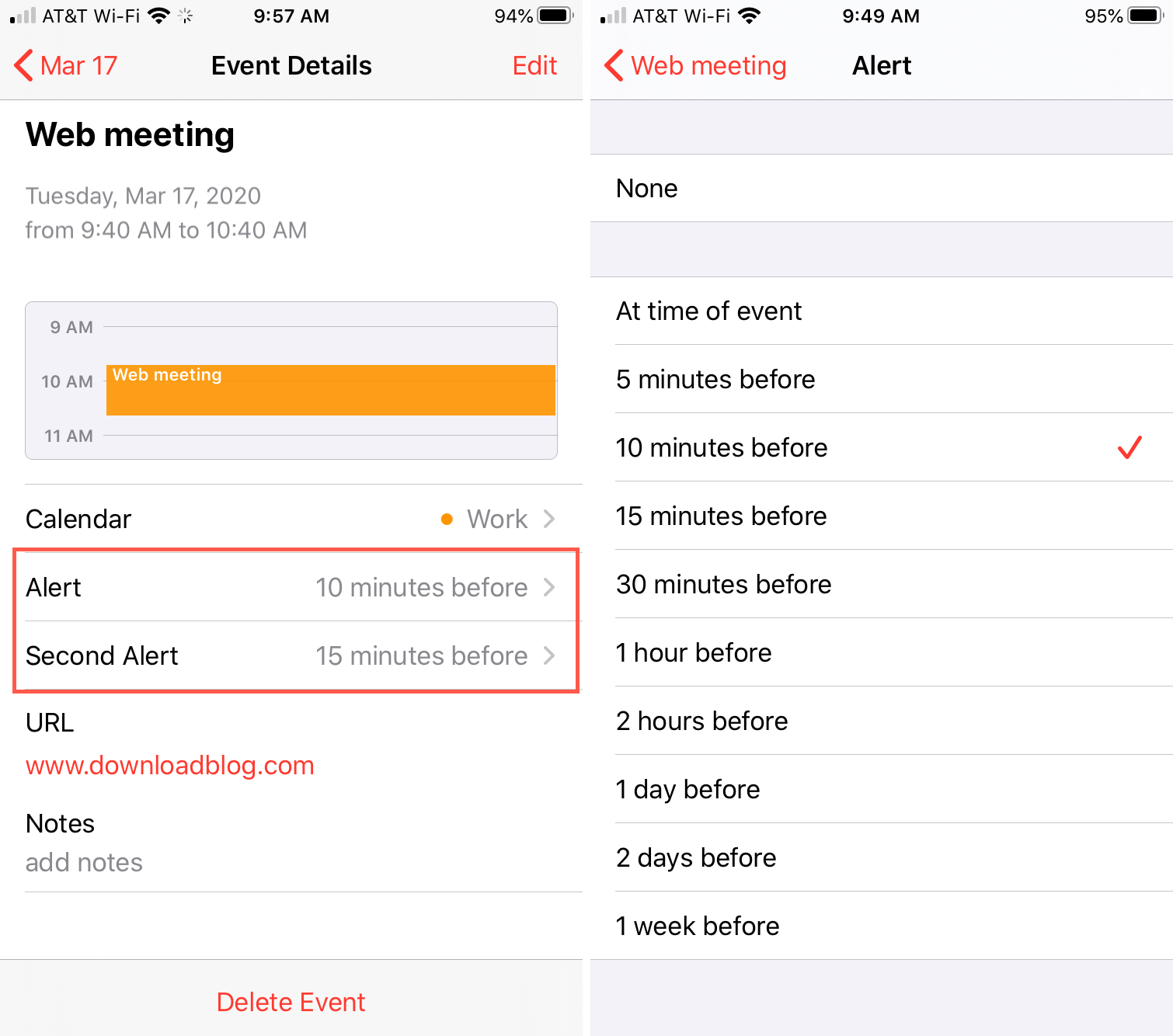

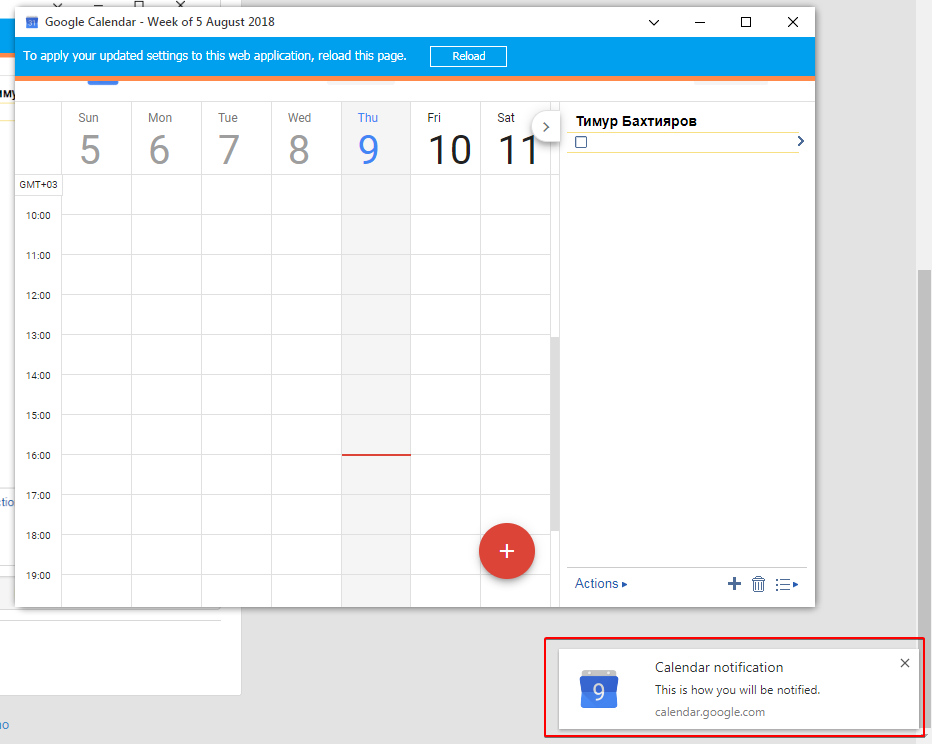
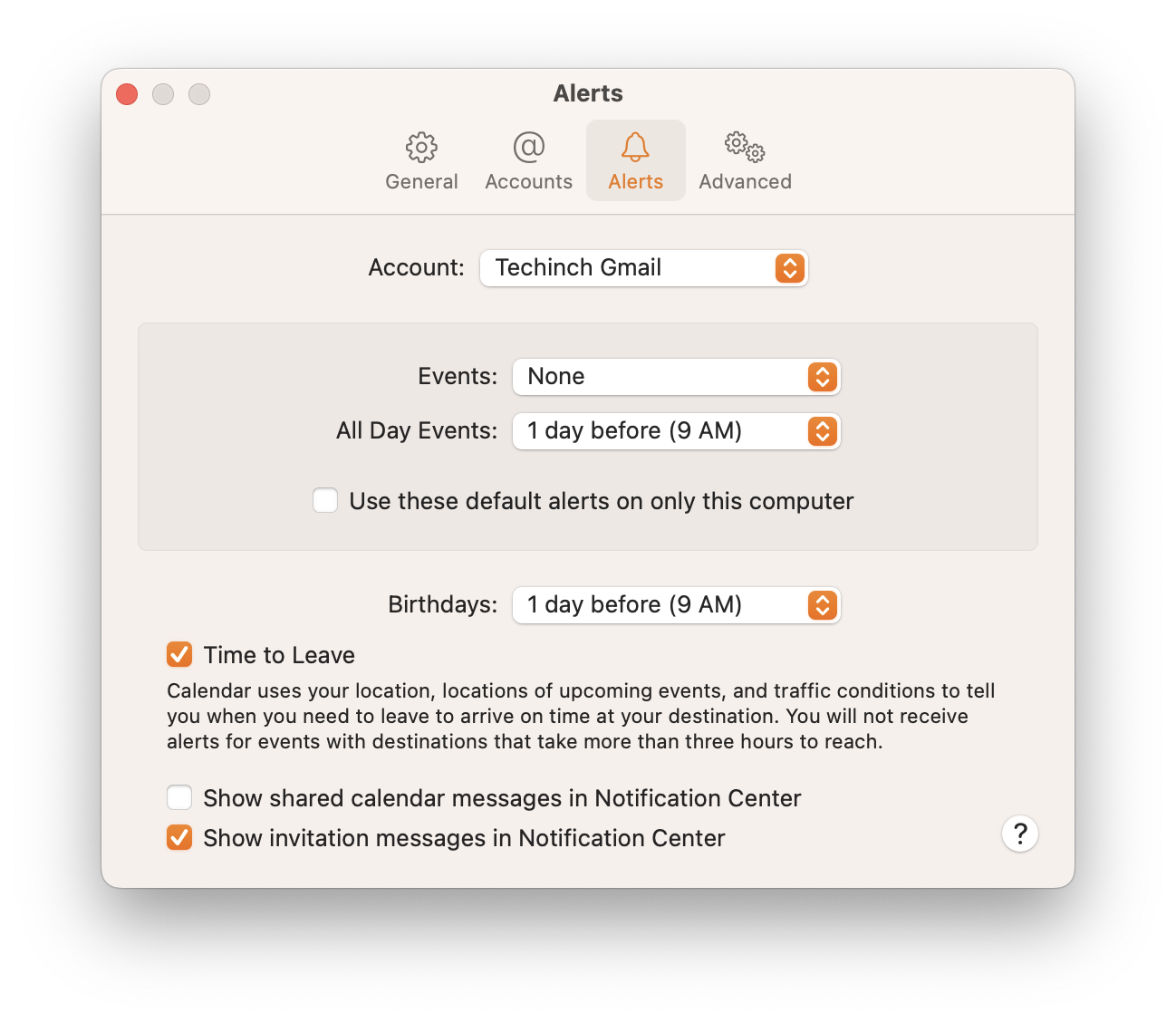
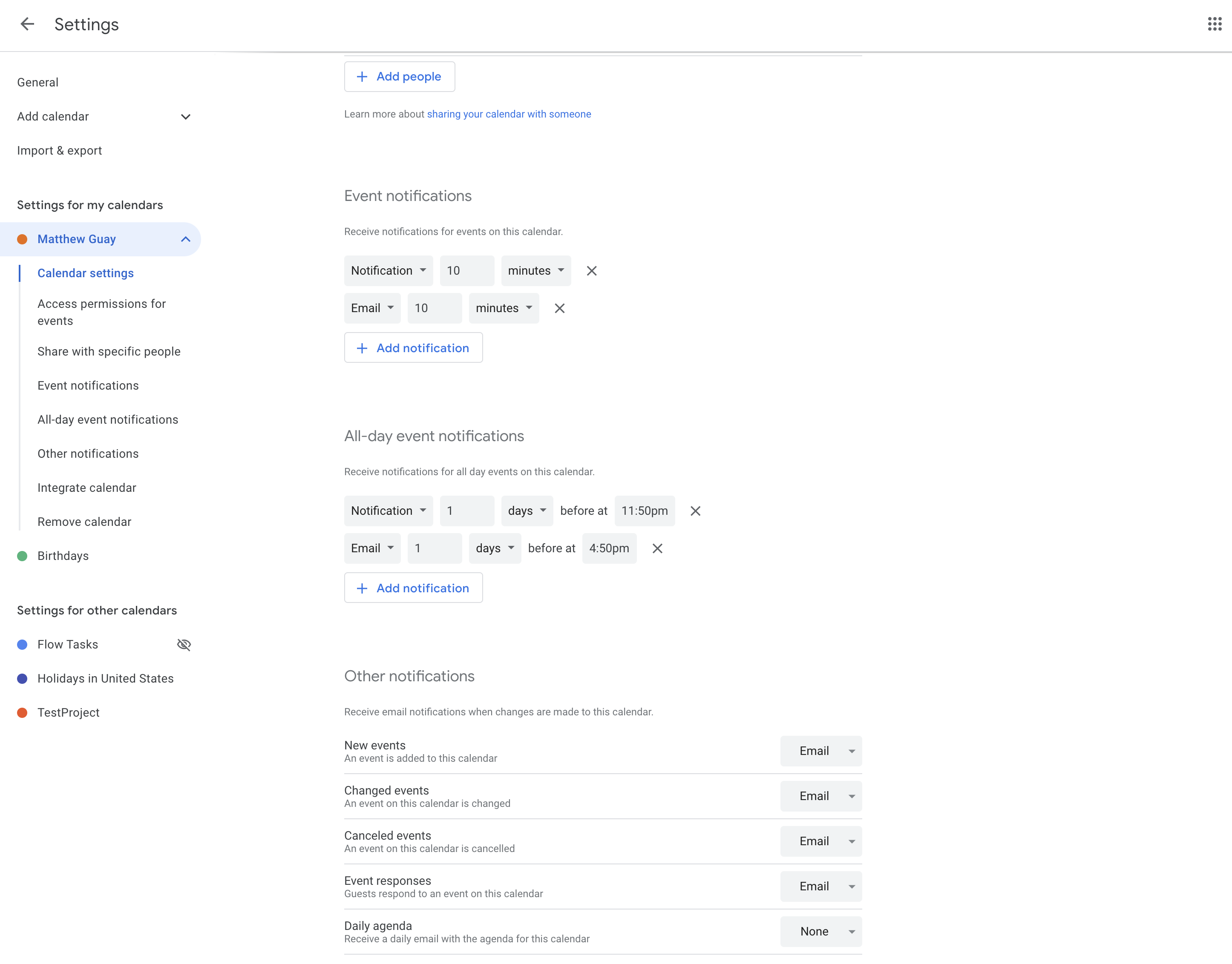
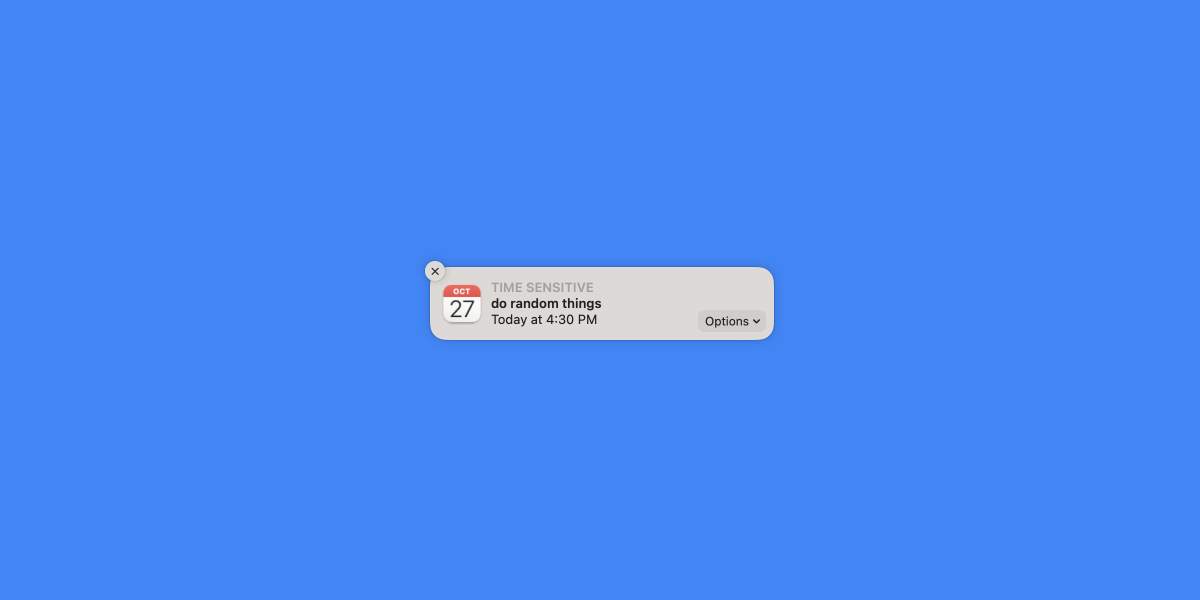
Closure
Thus, we hope this text has offered priceless insights into The Refined however Vital Variations Between Google Calendar Notifications and Alerts. We respect your consideration to our article. See you in our subsequent article!